New Generations Lead the GenAI Charge in Asia-Pacific Region: A 2024 Deloitte Report
APAC GenAI: 81% students, 62% workers use AI. Developing nations lead. Usage growing 232% by 2029.


New Generations Lead the GenAI Charge in Asia-Pacific Region: A 2024 Deloitte Report
The rise of Generative AI is nothing short of a revolution, and at the heart of this transformation are the Young Employees and University Students of the Asia-Pacific Region.
Known as "Generation AI," this dynamic group—made up of University Students and Young Employees—is spearheading the rapid adoption of Generative AI, especially in developing economies.
As the Asia-Pacific Region undergoes a massive digital overhaul, Generative AI in APAC Region is set to transform industries, redefine workforces, and reshape the global economy in ways we once only dreamed about.
The future is now, and it's being driven by Generation AI innovators.
More on Generative AI Here: Generative AI Explained: Create Anything with AI in 2024
.jpeg)
The Dominance of Generation AI
According to a 2024 Deloitte report, the adoption of Generative AI is astonishingly high among Young Employees and University Students in the Asia-Pacific Region.
"81% of University Students and 62% of employees across the Generative AI in APAC Region are actively using Generative AI," states the report.
This trend is especially prominent among Young Employees aged 18 to 24, who are nearly twice as likely to use Generative AI compared to older workers. This generational divide highlights the growing importance of digital fluency in today's workforce.
As tech-savvy individuals who have grown up surrounded by AI-powered technologies, Generation AI is not just using these tools—they are leading the charge.
The adoption of Generative AI in APAC Region by University Students and Young Employees has been largely driven by accessibility, with open-source communities making it easier for newcomers to experiment with AI tools.
For example, Southeast Asia, a region known for its Young Employees and rapidly growing population, has seen impressive uptake. In countries like Indonesia, Malaysia, and Vietnam, up to 90% of University Students and 72% of employees are already using Generative AI in APAC Region.
Learn more about Generative in Education here: The Impact of Generative AI and RAG on Personalized Learning
A Game-Changer for Developing Economies
While the adoption rates of Generative AI are high across the Asia-Pacific Region, developing economies are outpacing their developed counterparts in embracing this new technology.
"Takeup rates of Generative AI in APAC Region in developing economies are 30% higher than in developed economies," notes a study by Deloitte.
Countries like India, Indonesia, and the Philippines are leading the way, with University Students and Young Employees showing remarkable adoption rates.
In contrast, more developed nations such as Japan are lagging behind, with only 39% of respondents using the technology .
This trend underscores the dynamic role that University Students in developing economies are playing in shaping the future of work. In fact, the Asia-Pacific Region is expected to see a 232% increase in the percentage of daily Generative AI users within the next five years.
The ability to integrate AI tools into daily routines is not only enhancing productivity but also empowering Generation AI to acquire new skills and contribute to the economic growth of their countries.

Generative AI Adoption Across Different APAC Countries
- India:
- 32% of students and employees use Generative AI daily.
- 46% of respondents are aged between 18-35, driving high adoption.
- 71% of Chinese students and employees have taken proactive actions (researching, upskilling, collaborating) to engage with AI.
- Southeast Asia (Indonesia, Vietnam, Philippines):
- 19% of the population uses Generative AI daily.
- Countries like Indonesia, Vietnam, and the Philippines show high levels of adoption, driven by a young and digitally native workforce.
- China:
- 71% of students and employees have engaged with AI by taking actions such as researching basics, upskilling, or collaborating on AI projects.
- Strong AI engagement despite challenges in digital infrastructure and regulatory barriers.
- Japan:
- Only 4% of the population uses Generative AI daily, the lowest among major APAC countries.
- Cultural factors and a more conservative workforce contribute to slower adoption.
- Australia:
- 8% of the population uses Generative AI daily.
- The workforce shows moderate adoption, but there is significant uncertainty about the impact of AI, with 36% of employees expressing concerns.
- South Korea:
- Adoption is moderate, with a usage rate higher than Japan but still behind developing economies.
- The workforce is generally uncertain about the long-term impact of Generative AI.
- AI Readiness Index:
- Singapore ranks highest in AI readiness within the region with a score of 70.1/100.
- Japan follows closely with a score of 59.8/100.
- China: 59.7/100; South Korea: 59.2/100; Australia: 58.2/100.
- India: 49.8/100; Southeast Asia: average of 40.5/100.

Attitudes Toward Generative AI in APAC Countries
- China:
- 78% believe that Generative AI will position Asia-Pacific with a more significant role in the global economy.
- 83% think that Generative AI will improve social outcomes (e.g., better access to training, education, and healthcare).
- 76% of students report that Generative AI has significantly influenced their career decisions.
- Australia:
- Only 33% believe that Generative AI will give Asia-Pacific a greater role in the global economy.
- 47% think that Generative AI will enhance social outcomes such as improved access to education, training, and healthcare.
- 29% of students state that Generative AI has significantly influenced their career decisions.
- India:
- 75% of students and employees believe that Generative AI will enhance Asia-Pacific’s global economic influence.
- 83% of students and employees believe that Generative AI will improve social outcomes like access to healthcare, education, and training.
- A remarkable 84% of students say that Generative AI has significantly influenced their career decisions.
- Japan:
- 40% of students and employees think that Generative AI will increase Asia-Pacific's role in the global economy.
- 61% believe Generative AI will improve social outcomes such as healthcare, education, and job training.
- 46% of students and employees said that gen AI signicantly inuenced their future career decisions
Learn more about Generative AI in E-commerce here: Generative AI in E-commerce: What to Expect in 2025
The Impact on Work and Productivity
One of the most compelling aspects of Generative AI in APAC Region adoption is its potential to transform the workplace. With over 11 billion work hours per week across the Asia-Pacific Region expected to be impacted by Generation AI, the technology is significantly changing how people work.
On average, Young Employees save 6.3 hours per week by automating routine tasks, enabling them to focus on more strategic and creative work (Deloitte, 2024).
Young Employees and University Students, in particular, are reaping the benefits!
“ According to Deloitte's 2024 survey, 75% of University Students reported that Generative AI in APAC Region had improved their ability to generate new ideas, while 72% said it had increased their speed in completing tasks. “
In Singapore, the top three benefits cited for Generative AI use were increased speed at completing tasks (75%), improved work quality (69%), and enhanced creativity (72%).
Want to read more about Generative AI in the APAC Region? Click here!
Challenges for Businesses
Despite the widespread adoption of Generative AI among Young Employees and University Students, businesses are struggling to keep pace.
According to a 2024 Deloitte study, nearly three-quarters of businesses in the Asia-Pacific Region are falling behind in adopting Generative AI in APAC Region.
In fact, "50% of Young Employees using Generative AI for work purposes do not believe their manager knows they are using it".
This gap between employee adoption and managerial awareness poses a significant challenge for businesses looking to stay competitive in the age of AI.
According to data from the International Data Corporation, AI investments are projected to grow from US$25 billion in 2022, when ChatGPT was first introduced, to US$117 billion by 2030.
Moreover, many businesses are still hesitant about fully embracing Generative AI due to concerns about risk and lack of talent.
As Deloitte's Chris Lewin points out, "The rapid adoption of AI won't directly eliminate jobs, but the impact will be felt by businesses that fail to adapt".
To avoid being disrupted, companies must rethink their processes and business models to leverage Generation AI effectively, rather than just using it for efficiency.

The Road Ahead: Opportunities and Risks
As the Generation AI revolution continues to unfold, businesses and governments in the Asia-Pacific Region must act strategically to harness its potential.
Deloitte's report suggests that over the next five years, Generative AI in APAC Region could impact 16% of working hours, amounting to a profound shift in the region's economic landscape.
This transformation will be particularly evident in sectors like finance, ICT, media, professional services, and education, which together account for around 20% of the Asia-Pacific economy.
But while Generative AI offers immense opportunities, there are risks to manage. Many companies in developed economies are struggling to catch up with Generative AI in the APAC Region, and in regions like Japan, adoption rates remain low.
The challenge for businesses is not just to adopt the technology but to create an environment that encourages innovation and adapts to a rapidly changing digital landscape shaped by Generation AI and Young Employees.
Embrace the Power of Generative AI with Makebot
As Generation AI drives the future of work across the Asia-Pacific Region, businesses must adapt to stay competitive. The rapid adoption of Generative AI by University Students and Young Employees is transforming industries and reshaping economies. Is your business ready to join the revolution?
Makebot’s tailored chatbot and LLM solutions are here to help you leverage the power of Generative AI, boosting productivity and innovation. Whether you're in healthcare, finance, or education, we offer industry-specific solutions that drive success.
Don’t get left behind—lead the change with Makebot!
Submit a consultation request now and connect with an expert.
Email us at b2b@makebot.ai or visit our website to get started!


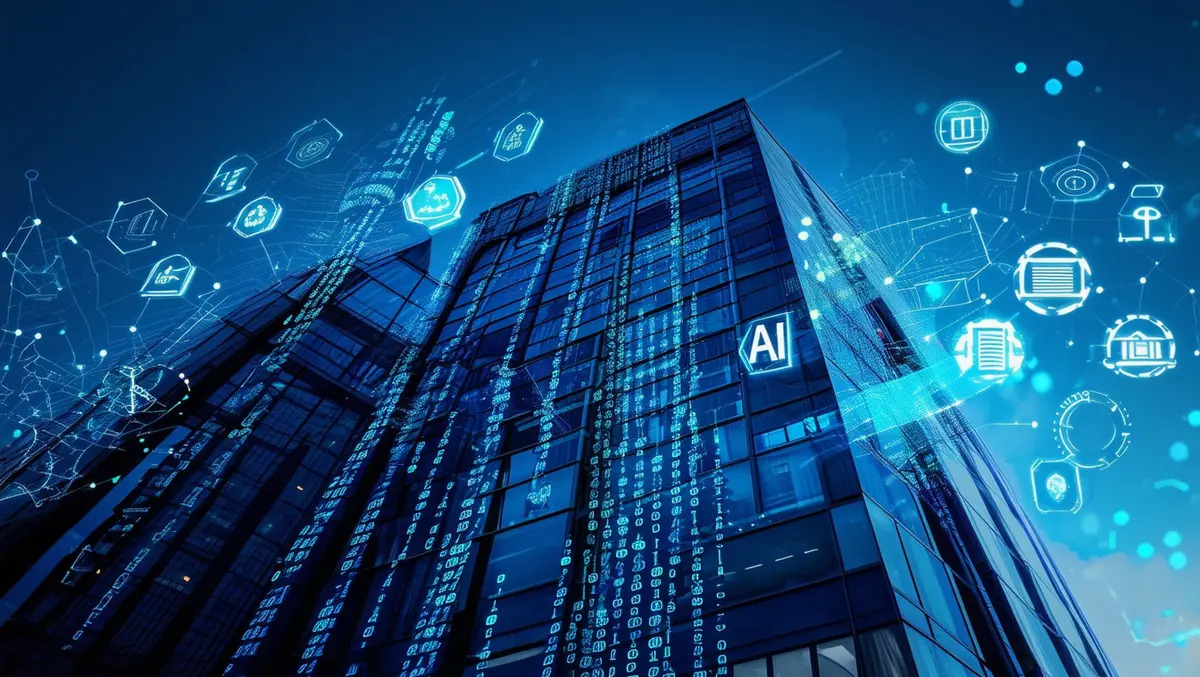
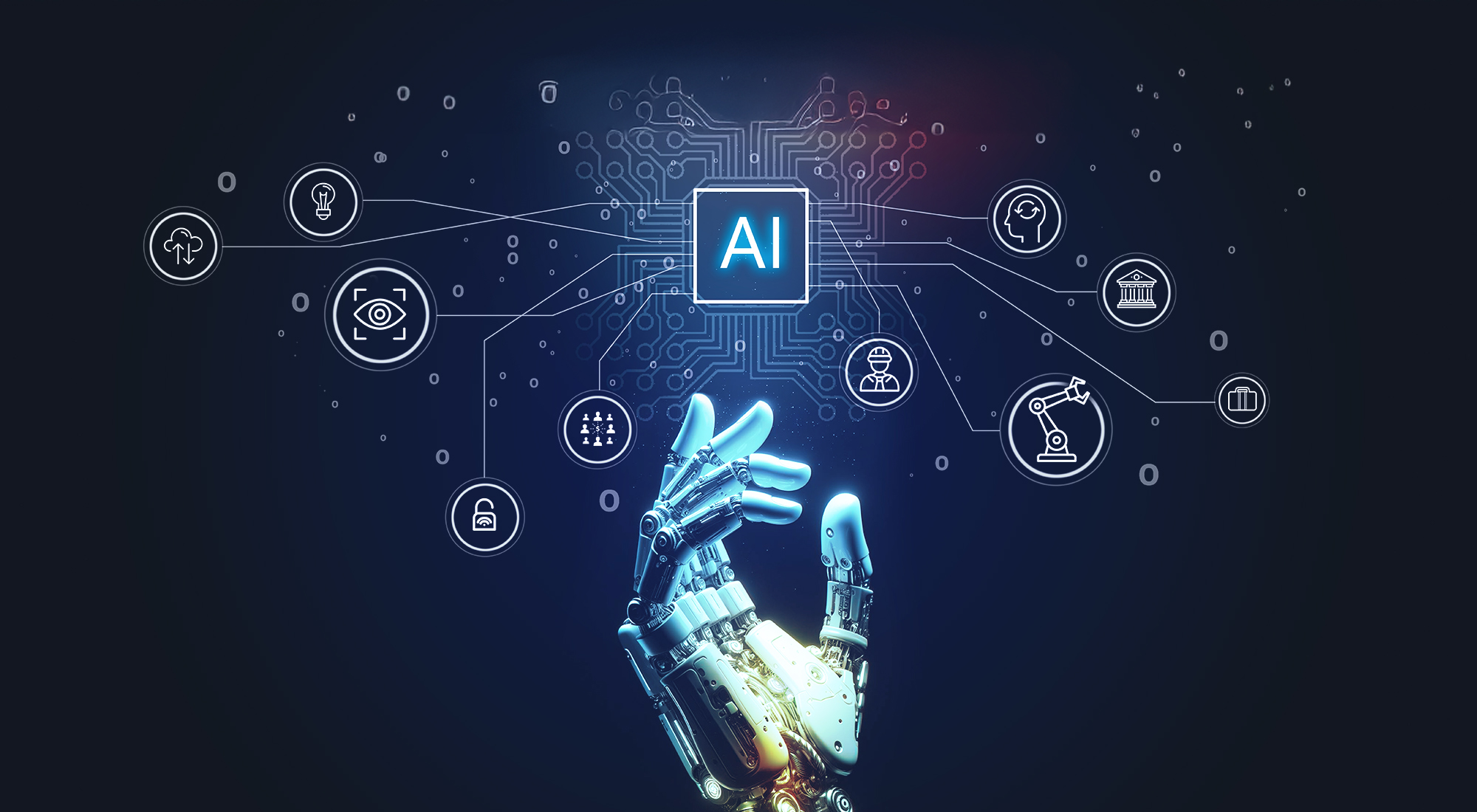

.jpg)
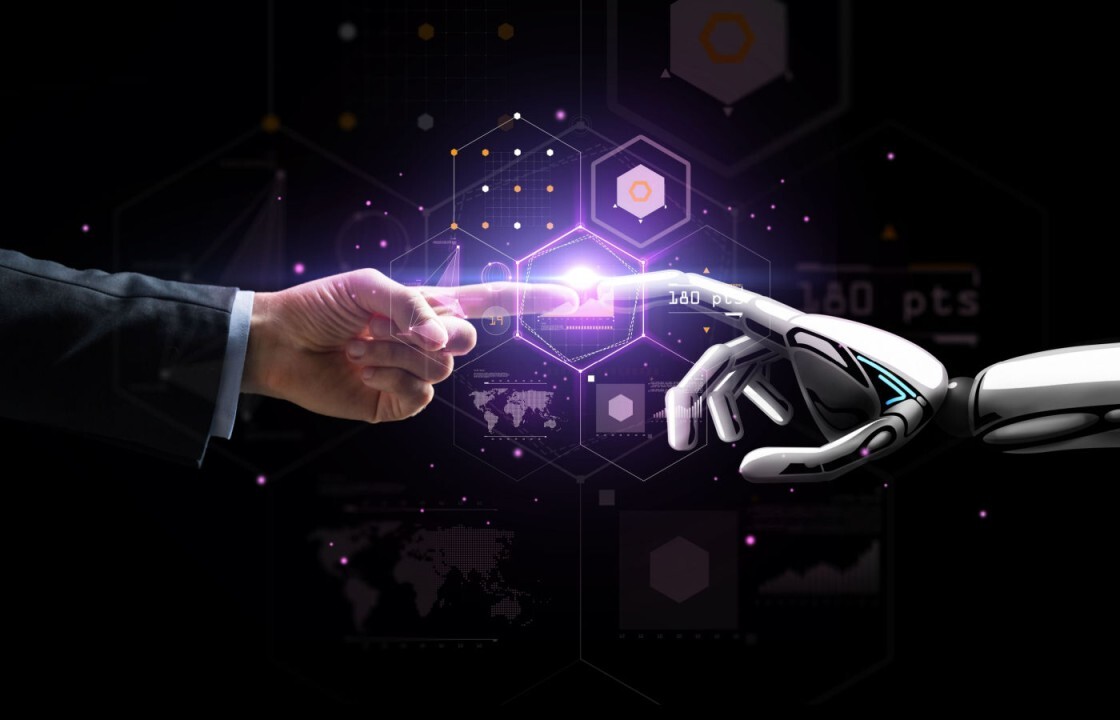
.png)
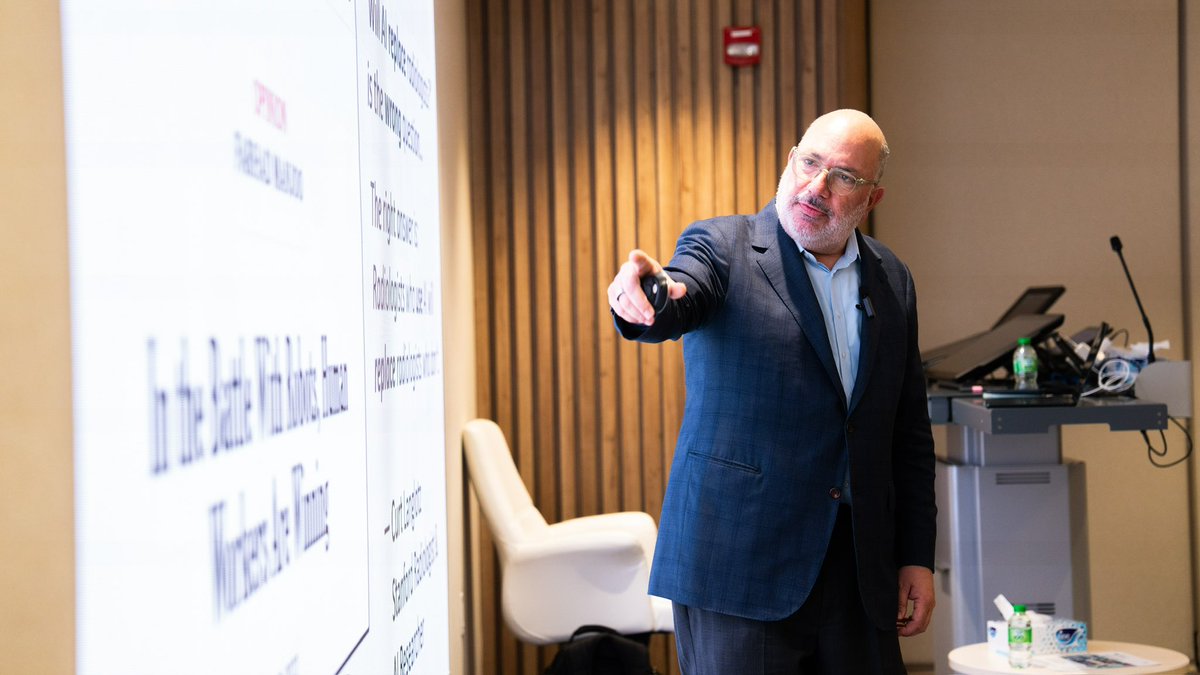

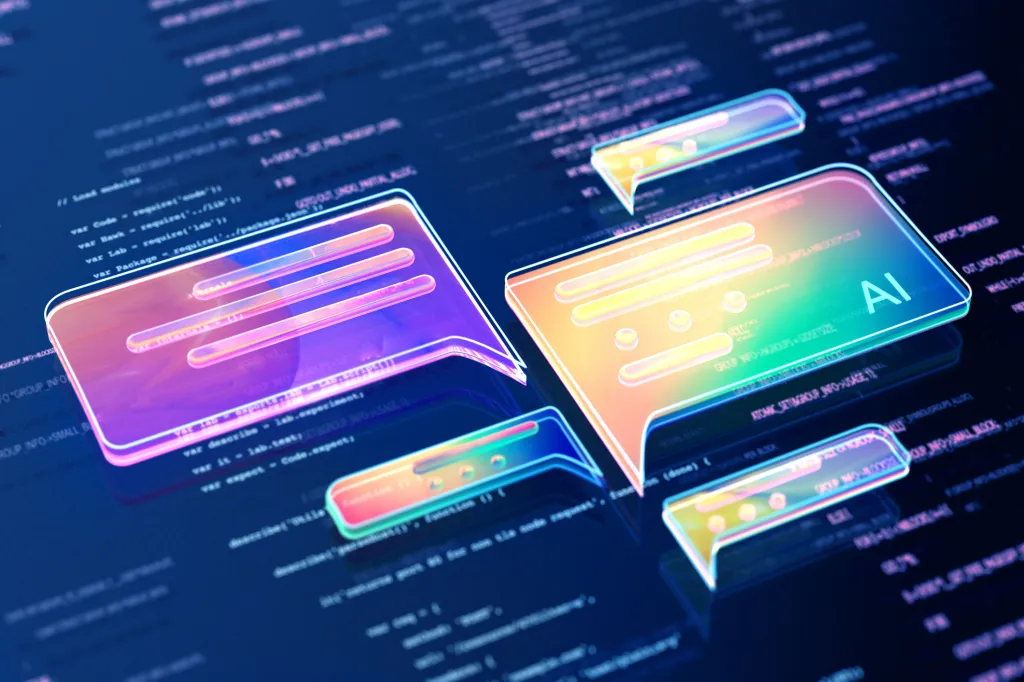



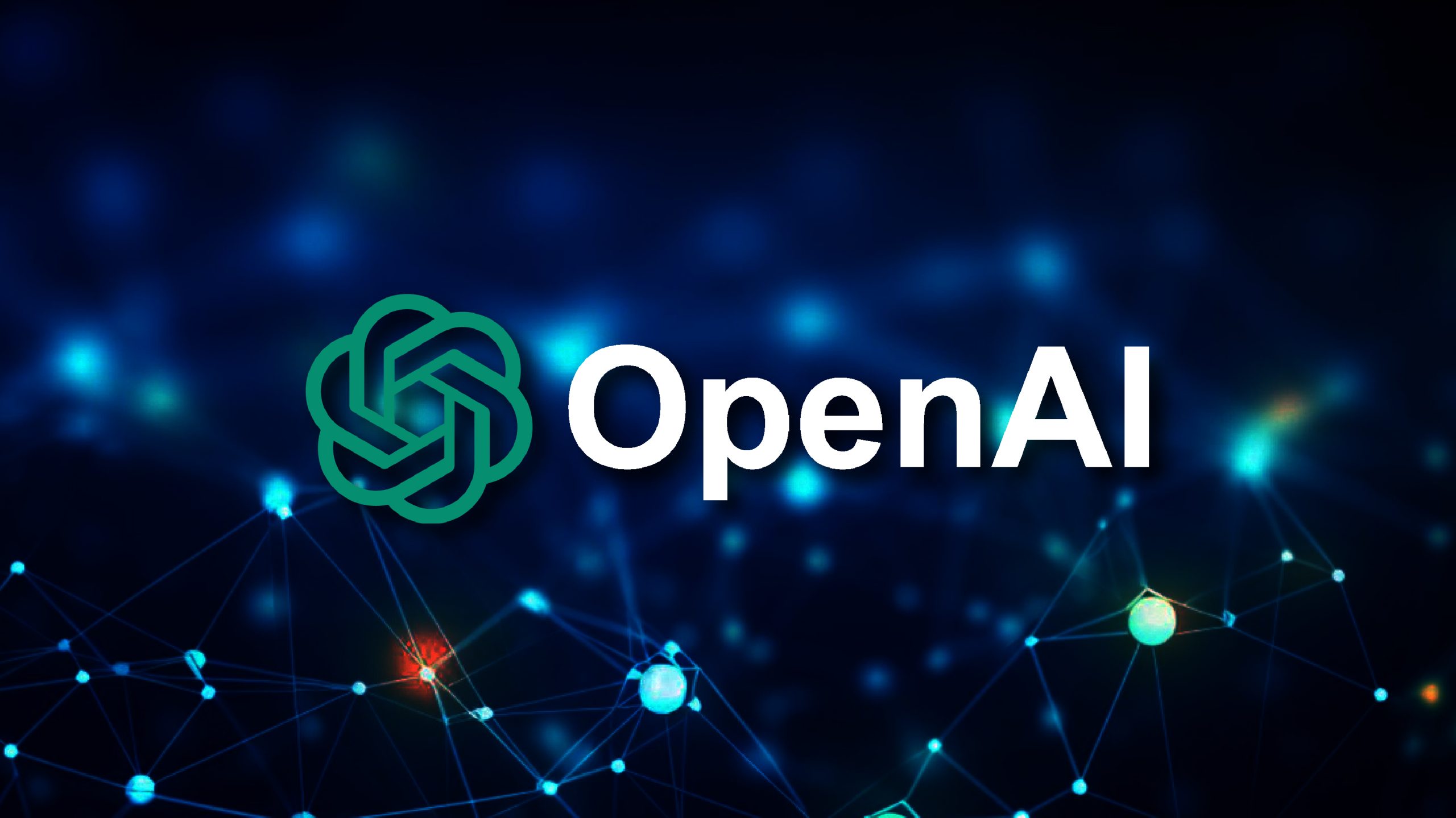



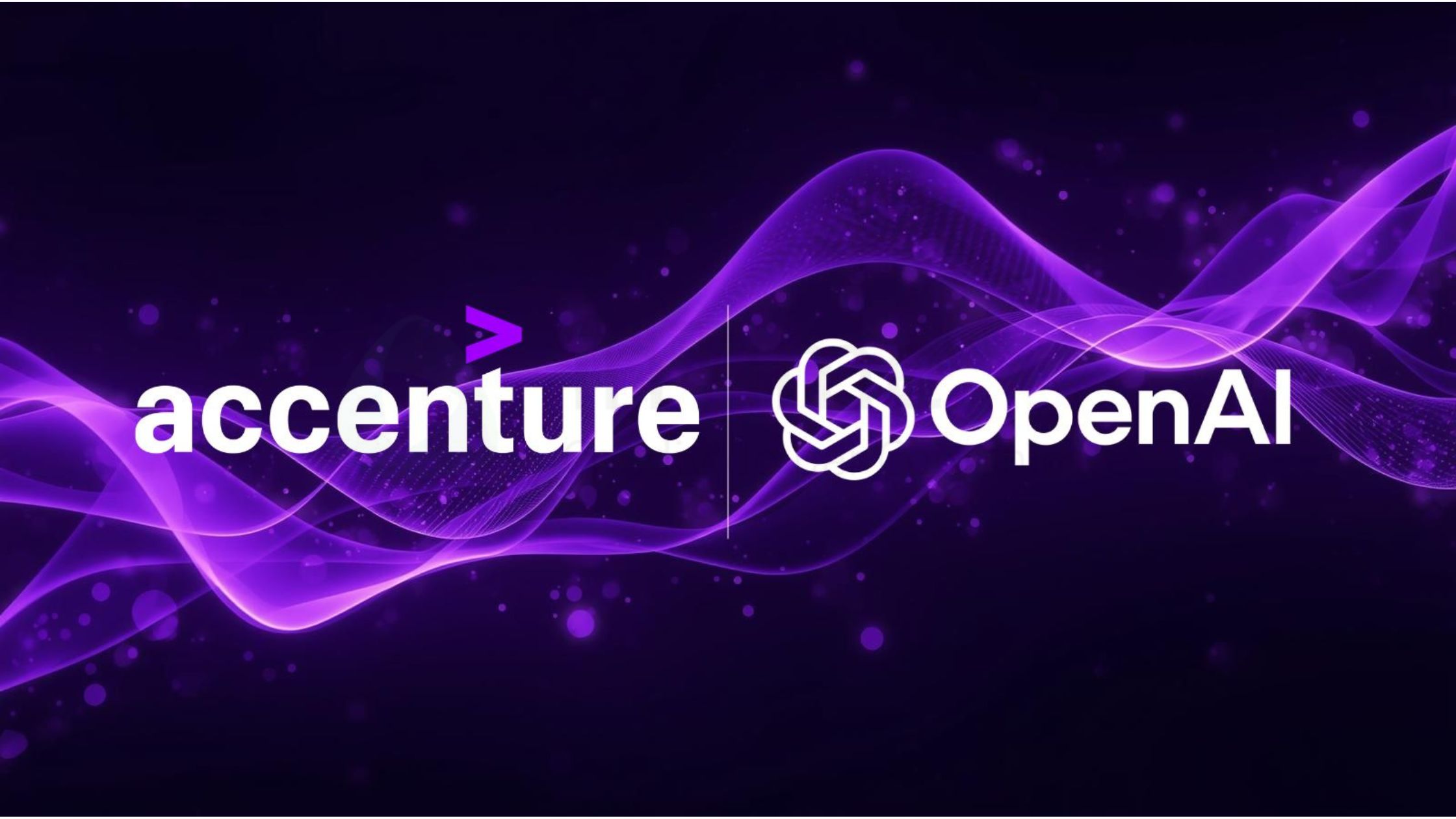
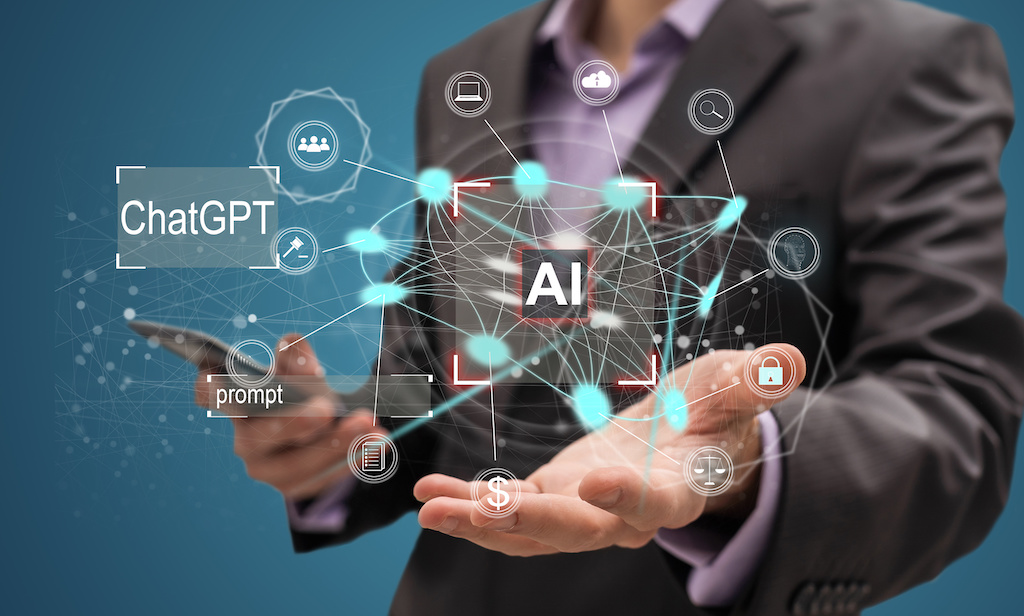


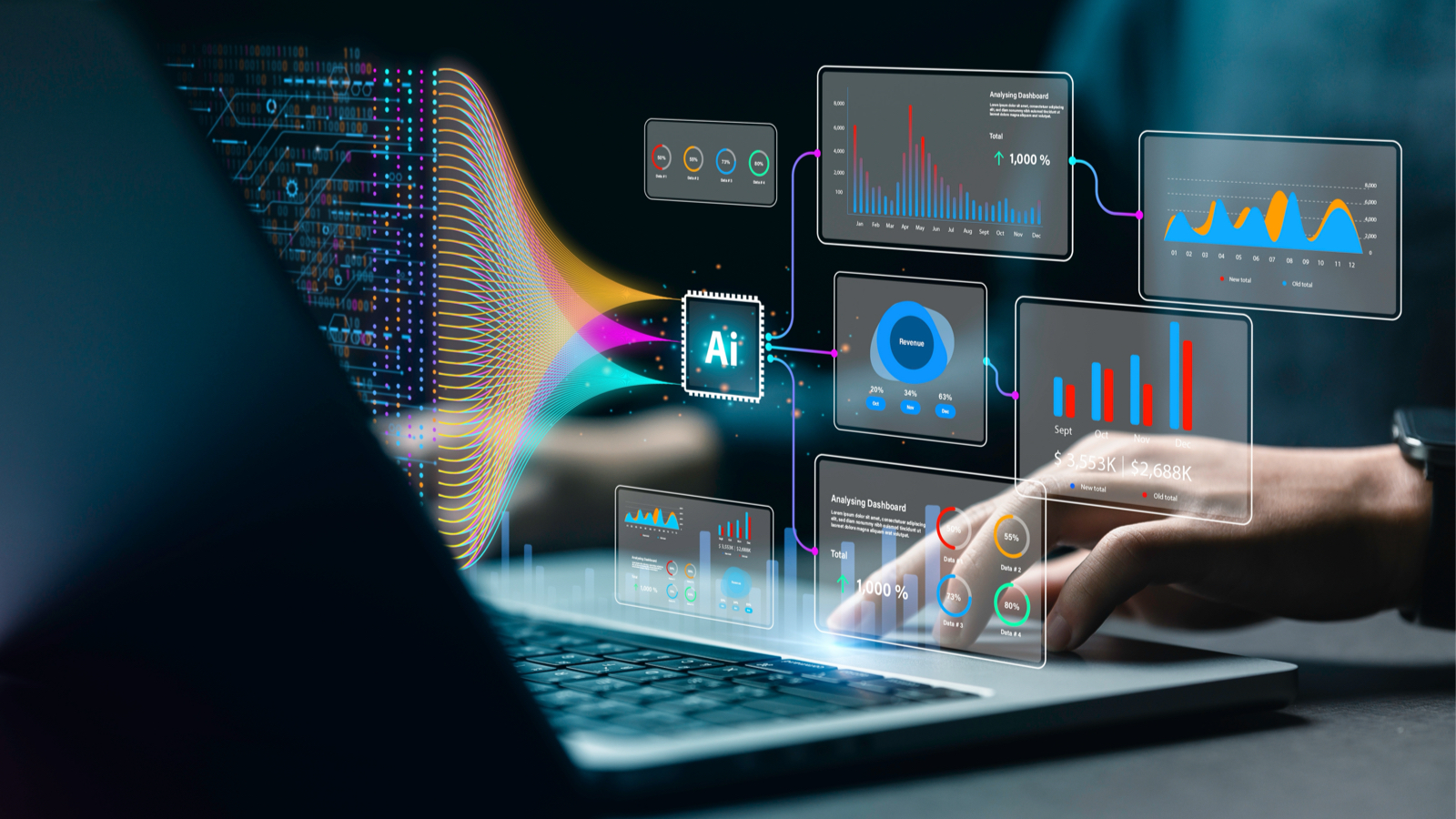







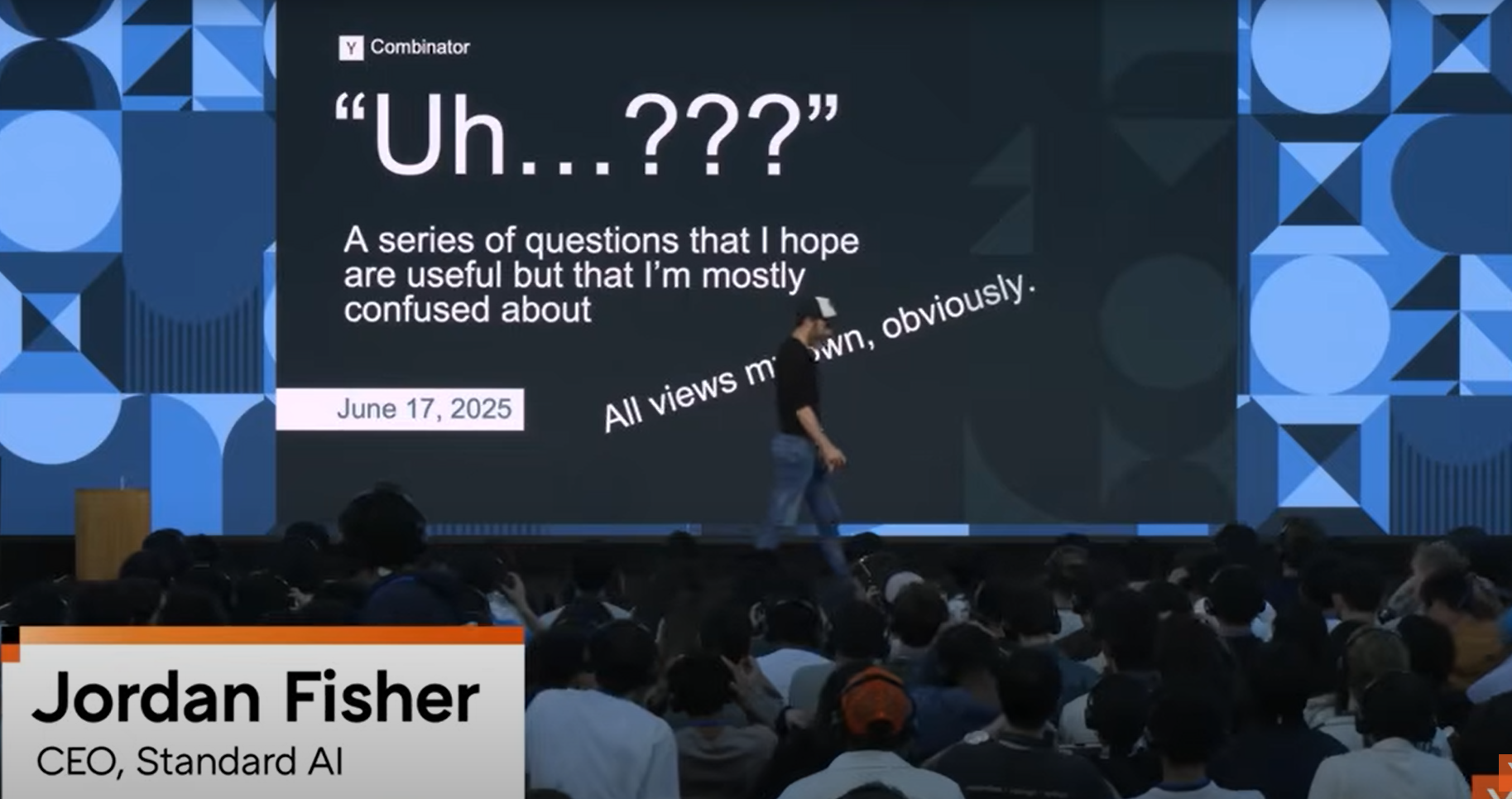










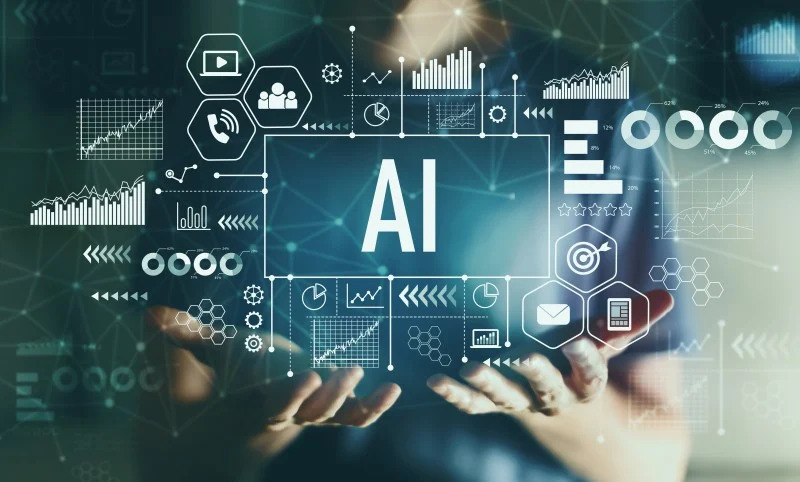









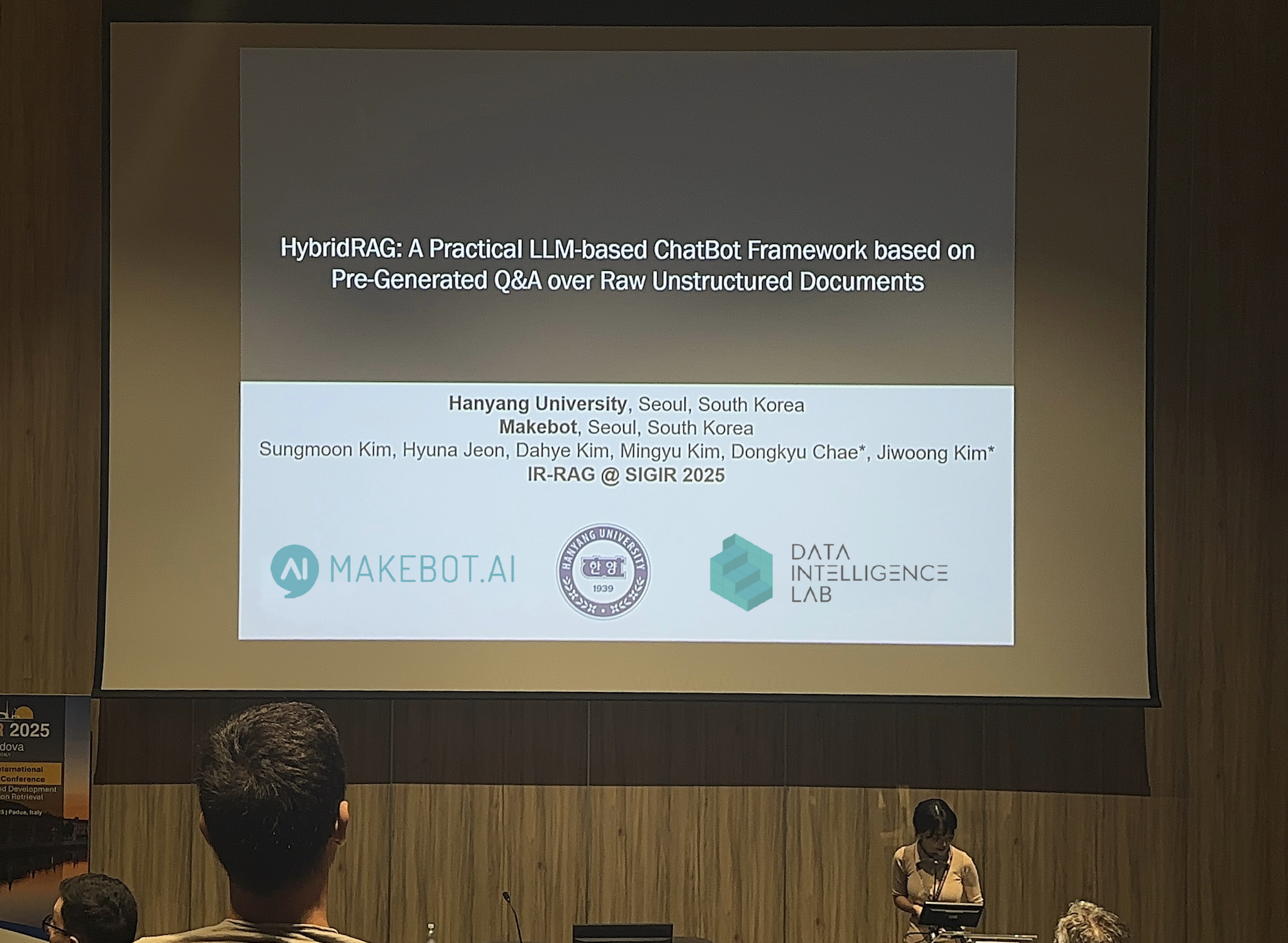









_2.png)


















.jpg)


















